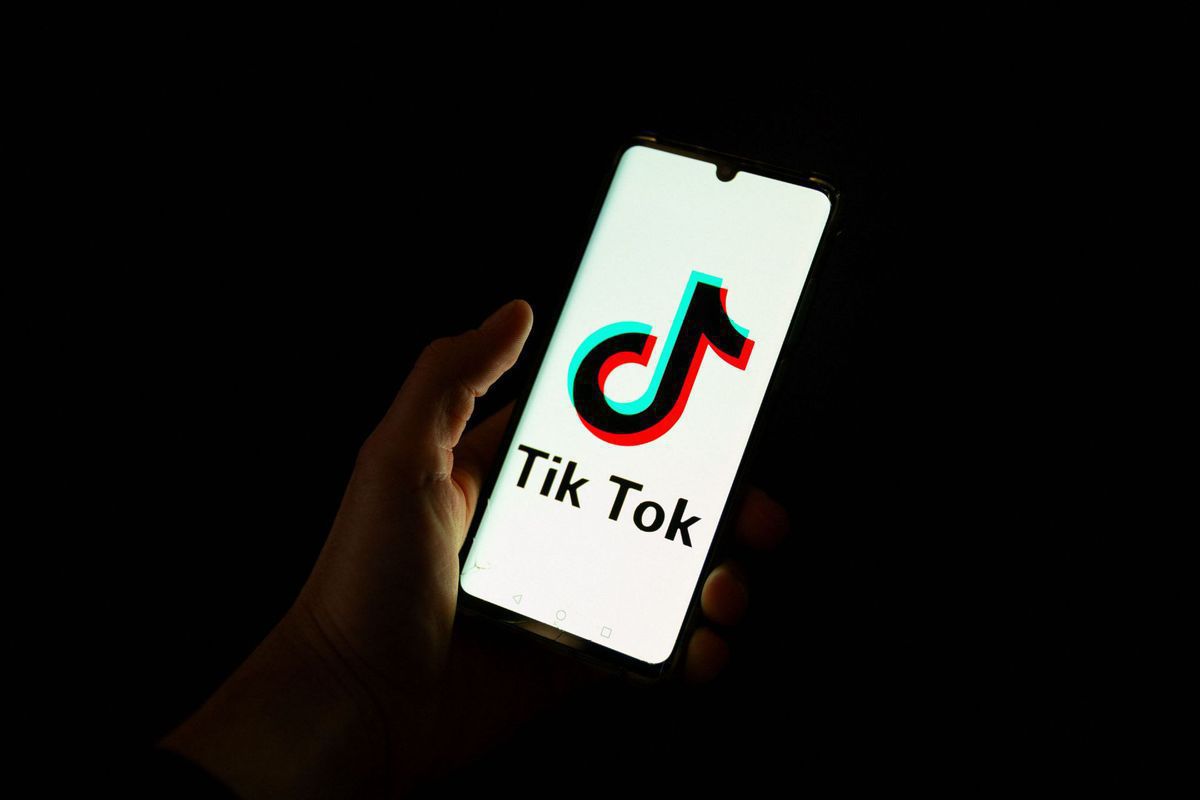
After a brief weekend outage, TikTok was up and running again on Sunday in the United States after President-elect Donald Trump said he would issue an executive order Monday to keep the popular video platform active.
It was the latest in a flurry of news about the short-form video site, which is owned by Beijing-based ByteDance and has gained some prominent supporters in the US.
TikTok went dark around 10:30 pm ET Saturday but was back online just before 12:30 pm on Sunday. "Sorry, TikTok isn't available right now," users were told in a pop-up message Saturday.
The next day, a new pop-up said: "Welcome back! Thanks for your patience and support. As a result of President Trump's efforts, TikTok is back in the US! You can continue to create, share, and discover all the things you love on TikTok."
Trump wrote on his Truth Social platform on Sunday morning: "I'm asking companies not to let TikTok stay dark! I will issue an executive order on Monday to extend the period of time before the law's prohibitions take effect, so that we can make a deal to protect our national security.
"The order will also confirm that there will be no liability for any company that helped keep TikTok from going dark before my order. Americans deserve to see our exciting Inauguration on Monday, as well as other events and conversations," Trump wrote.
"I would like the United States to have a 50 percent ownership position in a joint venture. … Without US approval, there is no Tik Tok. With our approval, it is worth hundreds of billions of dollars - maybe trillions. Therefore, my initial thought is a joint venture between the current owners and/or new owners."
In a post on X.com on Sunday by @TikTokPolicy, the platform said: "In agreement with our service providers, TikTok is in the process of restoring service. We thank President Trump for providing the necessary clarity and assurance to our service providers that they will face no penalties providing TikTok to over 170 million Americans and allowing over 7 million small businesses to thrive.
"It's a strong stand for the First Amendment and against arbitrary censorship. We will work with President Trump on a long-term solution that keeps TikTok in the United States," the statement said.
The Protecting Americans from Foreign Adversary Controlled Applications Act — passed by Congress by a wide margin in the spring and upheld by the Supreme Court on Friday — required ByteDance to cut ties with the platform's US operations by Jan 19, due to alleged national security concerns. The statute, however, gives the sitting president authority to grant a 90-day extension if a viable sale were underway.
Google and Apple had removed the app from their digital stores to comply with the law by Sunday or potentially face hefty fines.
US Senator Rand Paul, a Kentucky Republican, took a strong stand for TikTok in a post on X.com on Saturday.
"Why am I joining @tiktok_us just as the government ban begins? Because I don't like being told what to do," he wrote. "I don't like being told what I can think or say. The courts may think @tiktok_us is excluded from the first amendment. I don't. I join @tiktok_us today as a form of civil disobedience. To the 170 million Americans using @tiktok_us: Don't give in and don't give up. Resist."
The ban, though, still has support among US lawmakers.
Senator Tom Cotton, an Arkansas Republican, warned companies on Sunday not to provide TikTok with the technical support it needs.
"Any company that hosts, distributes, services, or otherwise facilitates communist-controlled TikTok could face hundreds of billions of dollars of ruinous liability under the law, not just from (the Justice Department), but also under securities law, shareholder lawsuits, and state AGs," Cotton wrote on X. "Think about it."
Dave Portnoy, founder of the Barstool Sports website, in a video posted to his 3.4 million followers on X on Thursday, said federal officials were "detached from reality".
"There's just no way you can ruin that many jobs, livelihoods, careers, advertising because you're afraid of Chinese disinformation," Portnoy said. "I'm more worried about American government disinformation at this point than the Chinese."
TikTok CEO Shou Chew is expected to attend Trump's inauguration with a prime seating location.
Zhu Keli, founding director of the China Institute of New Economy, said the decision to uphold the ban casts a shadow on TikTok's future in the US, but Trump's "most likely" 90-day extension could provide a valuable buffer period for the company.
"Trump's stand indicates that TikTok still has a chance to seek a better solution to ensure its legal operation in the US through negotiation, cooperation or other innovative methods. It is also a recognition of TikTok's immense user base and commercial value," Zhu said.
Zhu noted that the TikTok case highlights the compliance challenges that Chinese tech companies are facing, especially in terms of data security, when expanding their presence in overseas markets amid geopolitical uncertainties.
Fan Feifei in Beijing and agencies contributed to this story.

